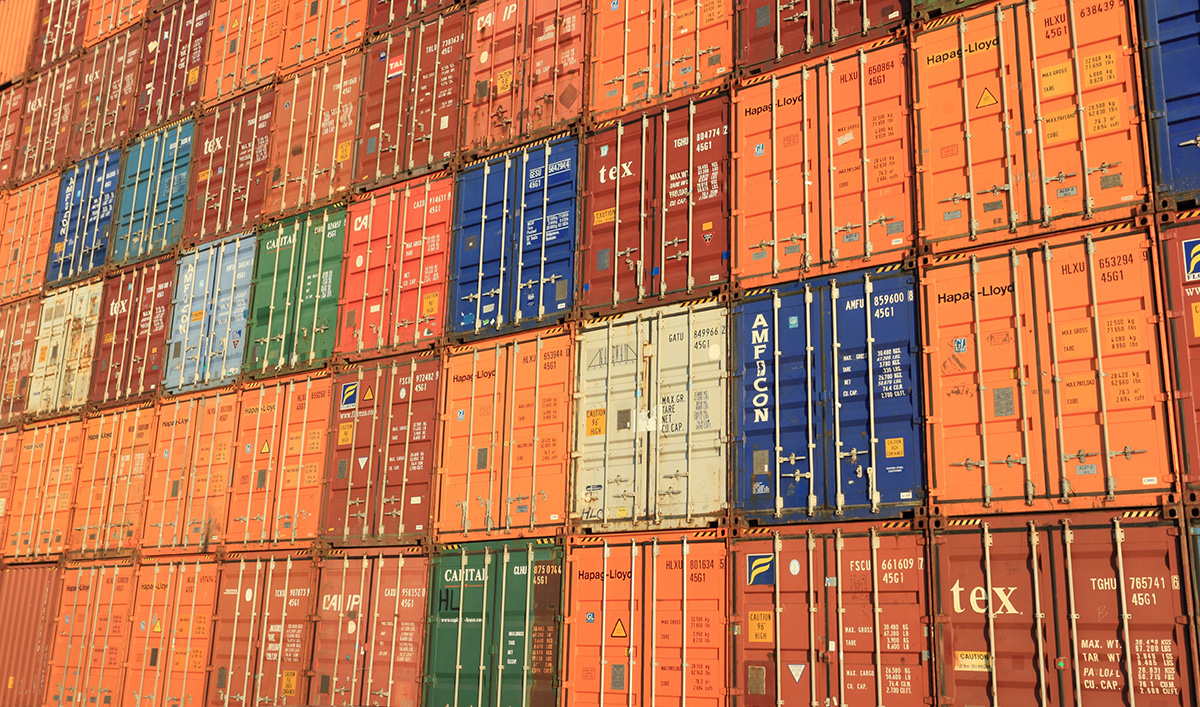
A strong call to action to improve recovered material quality throughout the supply chain was delivered to delegates at the Quality First conference in London on Wednesday (April 5).
The event was part of the Recycling Association’s Quality First campaign, designed to raise awareness of the importance of producing high quality recovered materials ‘to prepare the industry for the 21st century’ (see letsrecycle.com story).
The global recycling market is the ‘most challenging’ it has been for 25 years, according to one industry expert.
Attracting over 100 delegates, the conference heard from a wide range of speakers including recovered paper exporter ACN Europe and processor DS Smith, trader Cycle Link UK, waste management company Biffa, the Local Authority Recycling Advisory Committee (LARAC), Environment Agency, environmental lawyers, Coca-Cola and M&S.
“The global recycling landscape is changing”, said the Association’s chief executive Simon Ellin. “Regardless of your role within the recycling supply chain, or whether your business is UK-focused or export-driven, failure to recognise and respond to these changes will result in diminishing markets and reduced returns.”
Mr Ellin explained that around 60% of UK recovered paper was exported and that the largest market, China, was constantly raising the standard of acceptable material and that the UK in turn needed to up its game.
He commented: “We had Green Fence three years ago, now we have National Sword, and we are now hearing rumours of 100% inspections of every waste load being sent to China.”
Moisture
Mr Ellin added that on a recent visit to China, the main concern of one buyer had been moisture in loads – in particular, material which was exported in containers for six weeks which began to rot.
“I see moisture as a bit of a behemoth looming”, he said, saying that it was “at least” as big a problem as material quality.
“If we don’t get our act together on moisture it’s a problem waiting to happen. How often do we see recycling containers without lids? And facilities without roofs? These are fundamentals we need to get right.”
Design
To improve material quality, Mr Ellin said more needed to be done at every stage of the supply chain, from design through to collection, processing, and end use. Discussing design, he lighted composite packaging for crisp for containing four materials which he said made it very hard to recycle. At a local authority level, he said it was a shame that austerity had seen numbers of recycling officers reduced and vital communications campaigns for residents cut back, which were crucial to ensuring material quality. He also said it was important for mills to only buy from compliant suppliers.
“If we don’t get our act together on moisture it’s a problem waiting to happen. How often do we see recycling containers without lids? And facilities without roofs? These are fundamentals we need to get right.”
Regulatory ambiguity also caused confusion and problems for members, he claimed because no permitted level of ‘out-throw’ – or contamination – was enshrined in law.
“What is an illegal shipment?” he said. “I don’t know. What is the law? How can it be illegal if you don’t know the rules? That is why we are advocating the adoption of EN643 – a European standard for all grades of recovered paper. For mixed and card the permissible out-throw is 1.5%.”
Mr Ellin’s message was echoed by several Recycling Association members who said that the UK did not have the best reputation for quality material and that improving this was vital to ensuring sustainable markets for material.
Craig Robinson from trader Cycle Link UK said: “We have been talking about quality for years… now it is time to act.”
“We can fix it, but it will take the whole industry to work together in a unified way.”
Quality
Various ideas were mooted by delegates for improving material quality. Nick Brown from Coca-Cola advocated reform of the PRN system to incentivise eco-design, while Andrew Bird from LARAC called for extended producer responsibility, effective communications campaigns and the exploration of Pay-As-You-Throw for household waste to encourage behavioural change.
Meanwhile, in a video address, Neil Govan, sales director from DS Smith Recycling, called for the adoption of more source-segregated collections – an idea picked up by others at the event who suggested at least paper should be collected separately from other materials.
Mr Ellin also suggested that money such as the £250 million provided by Eric Pickles to support weekly waste collections could be better utilised in running a public awareness campaign about the importance of quality.
Volatility
The Recycling Association is calling for more focus on the quality of recyclable commodities – in particular paper and card.
At the event, ACN Europe’s Wade Schuetzeberg highlighted the current volatility in the global recycling market which he said was the “most challenging” he had encountered in 25 years in the business. In recent weeks the export price for recovered paper has fallen sharply according to industry sources (see letsrecycle.com story).
He warned of competition from the US – which holds 70% of the Chinese market – and said: “There is an absolute focus on protecting the environment and health of people in China. The one who can make the right product wins the game – very simple. Quality First.”

